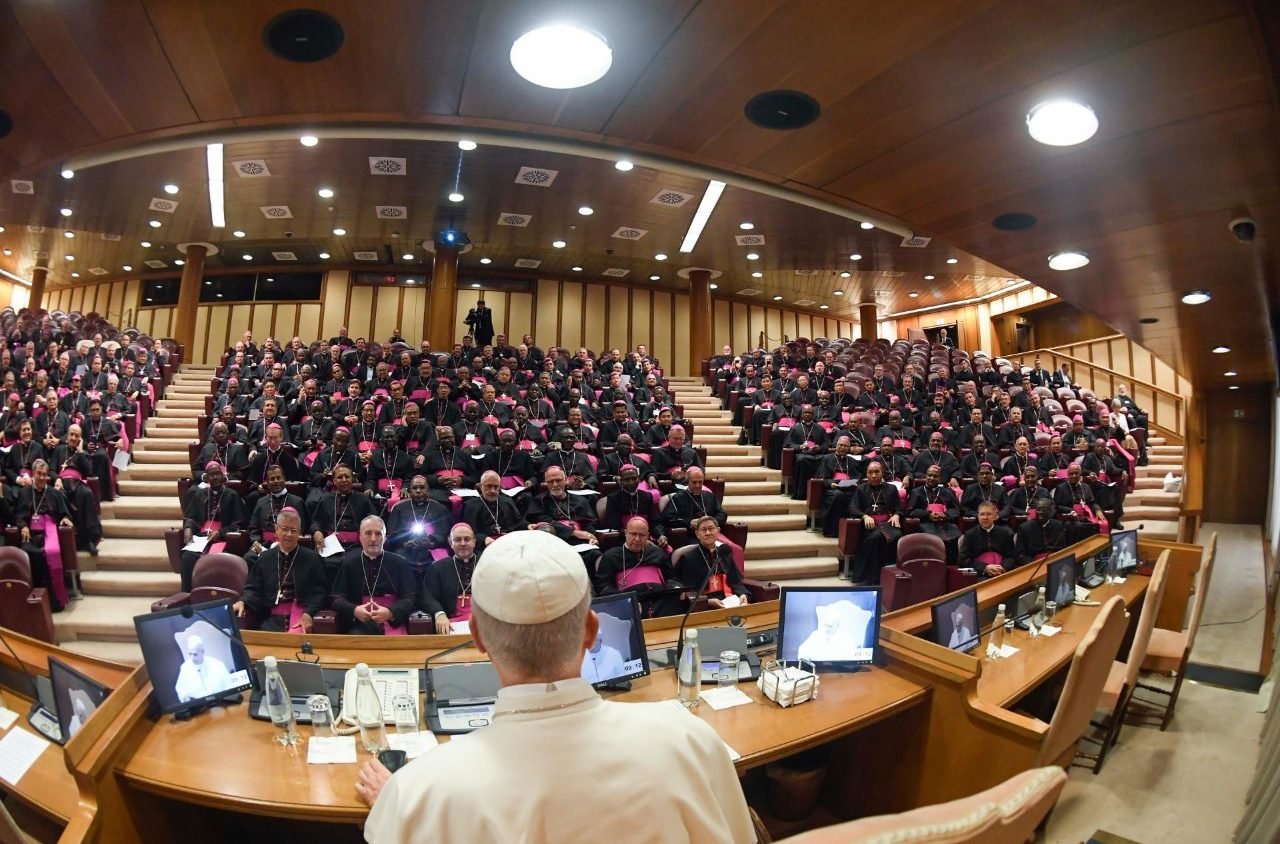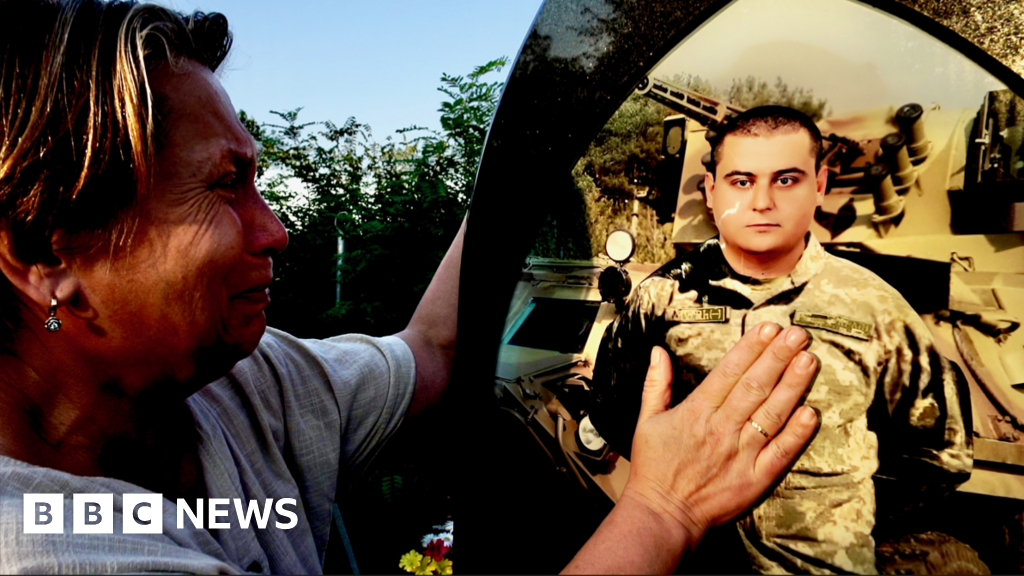Pope Leo XIV takes questions from new bishops on Thursday, inviting them to renewed contact with the world, calling them to take prompt action in regard to inappropriate conduct by clergy, and warning them of the danger of misinformation on social media.
By Vatican News
Pope Leo tackled numerous themes on Thursday, 11 September, during a question-and-answer session at the conclusion of his audience with newly appointed bishops in the Synod Hall at the Vatican.
According to a statement from the Holy See Press Office, Pope Leo continued his reflection on “the challenges and issues” new bishops “face at the beginning of a new ministry, such as fears, feelings of unworthiness, and the different expectations each had for their lives before their calling.”
He urged them to remain close to the Lord, to safeguard time for prayer, and to continue living with unconditional trust in the Holy Spirit, the source of their calling.
‘Peace, a challenge for all’
The Pope also invited them to reflect on the universality of the Church, and to bear witness in the world, renewing contact with men and women who grapple with questions about the meaning of life and of evil.
“Ready-made answers, learned 25 years ago in seminary, are not enough,” Pope Leo affirmed. One must be persevering disciples, not frightened by the first difficulty, pastors close to the people and to priests, merciful yet firm, even when judgment is required, capable of listening and dialogue, not just giving sermons.
Synodality, he added, is not a pastoral method but “a style of Church, of listening and of a common search for the mission to which we are called.” “Be builders of bridges,” he urged them, able to enhance the role of the laity in the life of the Church, promoting their integration, and serving a “disarmed and disarming” peace, because “peace is a challenge for all!”
Facing issues with mercy
The Holy Father also addressed the issue of inappropriate conduct by clergy, which must be dealt with promptly. Such conduct cannot be filed away, he said, but must be addressed, with a sense of mercy and true justice, towards the victims and towards the accused.”
The Pope thanked the new bishops for accepting episcopal ministry: “I pray for you;” he said. “the Church appreciates your ‘yes.’”
He went on to tell them, “You are not alone; we bear the burden together and together proclaim the Gospel of Jesus Christ.”
Prudence on social media: only truth
Turning to questions from the bishops, Pope Leo spoke about social media and the need to be prudent in their use, noting the risks associated with platforms where “everyone feels entitled to say whatever they want, even falsehoods.”
“There are moments when reaching the truth is painful,” he noted, “but it is necessary.”
In this sense, he said it is useful to be assisted by communication professionals, people trained in this field, encouraging them when using social media to remain “calm,” keep “a clear head,” and avail themselves of “the help of a professional.”
Never closing oneself into a closed group
On the challenges of new ministry, Pope Leo referred to his own experience, urging trust in the grace of God and in the grace proper to one’s state, encouraging the new bishops to recognize both their gifts and their limitations, including the need for the help of others. In this regard he suggested it might be helpful for them to welcome the valuable experience of a good emeritus bishop who can accompany or assist them.
At the same time, the Pope warned against the temptation of forming one’s own group and closing oneself within it.
He continued by speaking of the necessity of building bridges and seeking dialogue, even where Christians are a minority, with authentic respect for people of other religious traditions, especially through the witness of true Christian love and mercy, because “by the way you love one another, they will recognize you.”
Formation and mission
On seminary formation, the Pope urged openness in receiving those who come forward and in welcoming vocations, while also asking that each aspiring priest be accompanied in order to discover other dimensions of the Gospel and of Christian and missionary life.
Speaking of mission, Pope Leo suggested relying as well on those lay people who are authentically missionary, including those involved in various ecclesial movements, who can be a source of hope for the local Church.
In response to questions about the grave consequences of environmental crises, the Pope recalled the tenth anniversary of the encyclical Laudato si’ and encouraged bishops to promote the themes of the encyclical in their pastoral work. “The Church will be present,” in this area, he said, though without allowing other issues contrary to Christian anthropology to be mixed in.
Youth and the thirst for God
The Pope also spoke on a number of other topics, including relations among different bodies within the universal and particular Church; the process of appointing bishops (currently being examined by some of the Synod’s study groups); the many crises underway in the world and the need to share and face them together; and the value of a bishop’s presence, especially in being close to those who are suffering.
The world’s youth, and especially those in Europe, were also a point of discussion, following the recent Jubilee for young people. The Holy Father discussed their questions about communion and prayer, and their thirst for spiritual life—which they could not satisfy in the virtual world, but also not “in the typical experiences of our parishes.”
At the conclusion of the meeting, Pope Leo imparted his blessing on the bishops present, before greeting them individually in the atrium of the Paul VI Hall.






